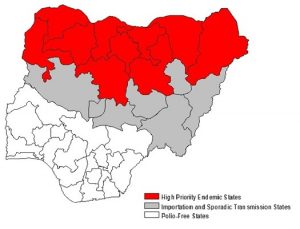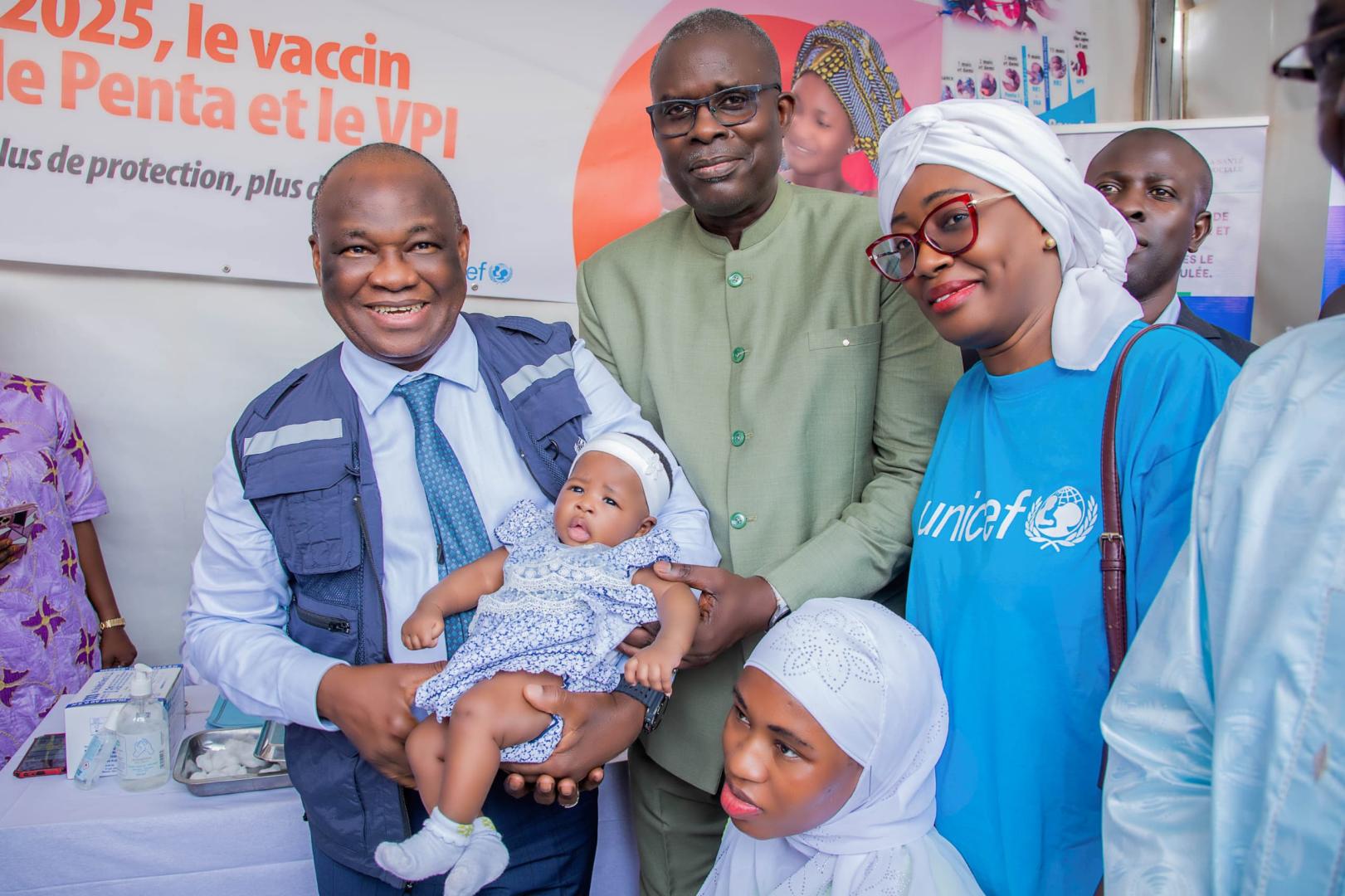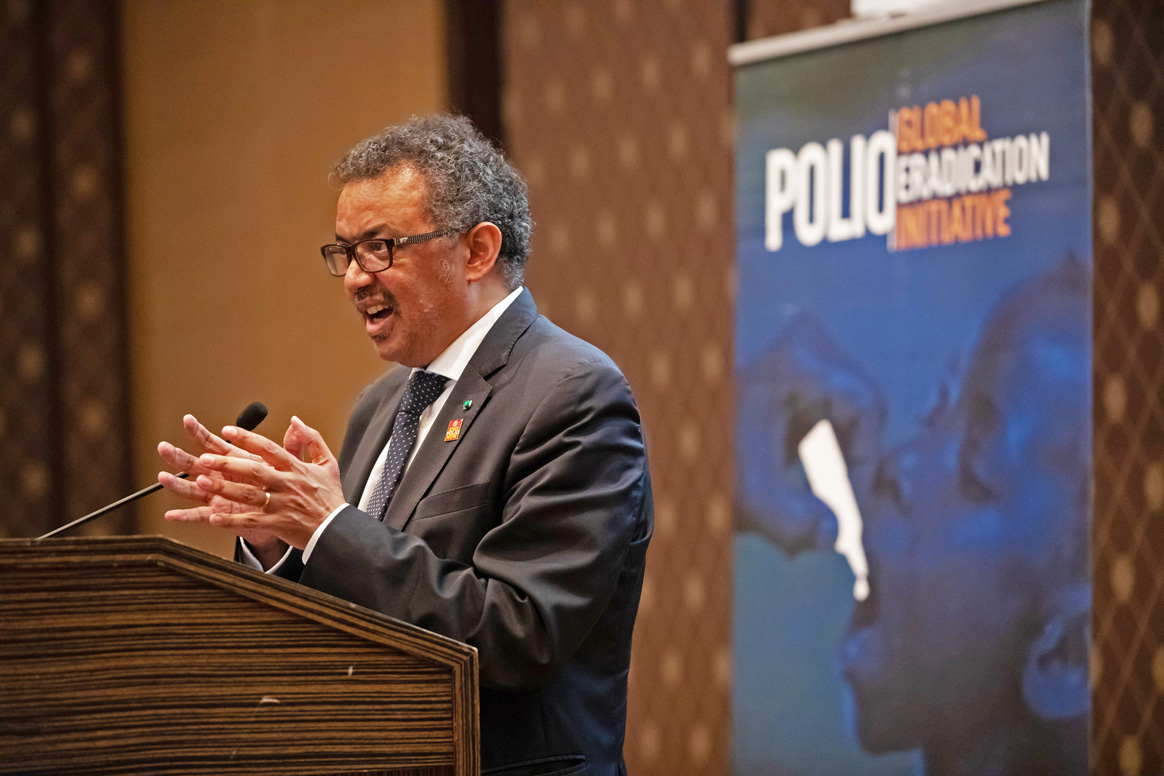
In 2012, Nigeria accounts for 55% of all polio cases worldwide1. Intense transmission of the virus is again threatening to spread into west Africa. And in January, the Independent Monitoring Board (IMB) called Nigeria (along with Pakistan) the gravest risk to global eradication.
But while the epidemiological picture may look right now discouraging, there are massive operational changes underway, which – if fully implemented – will have significant impact on rapidly curbing virus transmission. Following the launch of the National Polio Emergency Action Plan in March by His Excellency Goodluck Jonathan, intensified efforts are underway to increase staff capacity to ensure full implementation of the Emergency Plan.
Focus is on increasing the technical and administrative field staff to the worst-performing Local Government Areas in the highest-priority states in the north of the country. At the World Health Organization alone, staff is being increased from 744 professionals to 2,951, an increase of nearly 300%. The bulk of these new staff are already in place, and the full recruitment of the surge is anticipated to be completed by end-June. The Government of Nigeria and UNICEF are undertaking similar staff surges, with UNICEF scaling up its Community Volunteer Network to a planned 2,150 staff (with more than half already in place). This level of technical support is now even significantly higher than that in place in the successful India eradication programme (comparing ratio of staff to population size).
The overriding priority is now on rapidly integrating the new surged workforce into a well-functioning and operational outfit. Activities are therefore focusing on ensuring the necessary management and training of the new staff is in place, and supported by relevant administrative functions, to ensure the scaled-up workforce can hit the ground running and operate in the most efficient – and accountable – manner possible. The upcoming four-week break in the immunization campaign schedule planned for July/August (to allow for Ramadan) will therefore present an ideal opportunity to mould the new workforce into an efficient and smooth-running machine. Just in time for the start of the autumn immunization campaign season in September!
Reviewing the latest evidence at its most recent meeting in May, the IMB welcomed the surge in staff, and called the National Polio Emergency Action Plan ‘solid’ and an ‘opportunity’ for the country. Key to success, the IMB urged, is for the impressive political and public health leaders of the Nigerian eradication effort to ensure the Plan is fully implemented, consistently across all areas. The new staff capacity should go a long way to helping ensure exactly this happens.
If it does, the current epidemiological picture could well be rapidly turned around.
______________________
1 Data as at 14 June 2012



